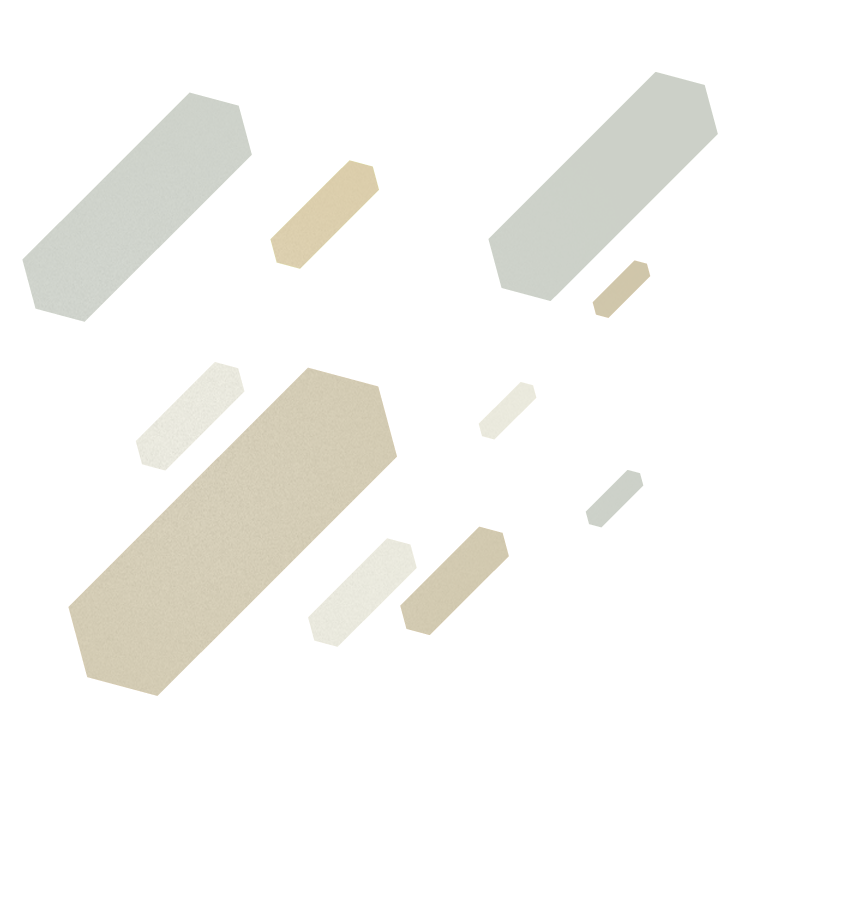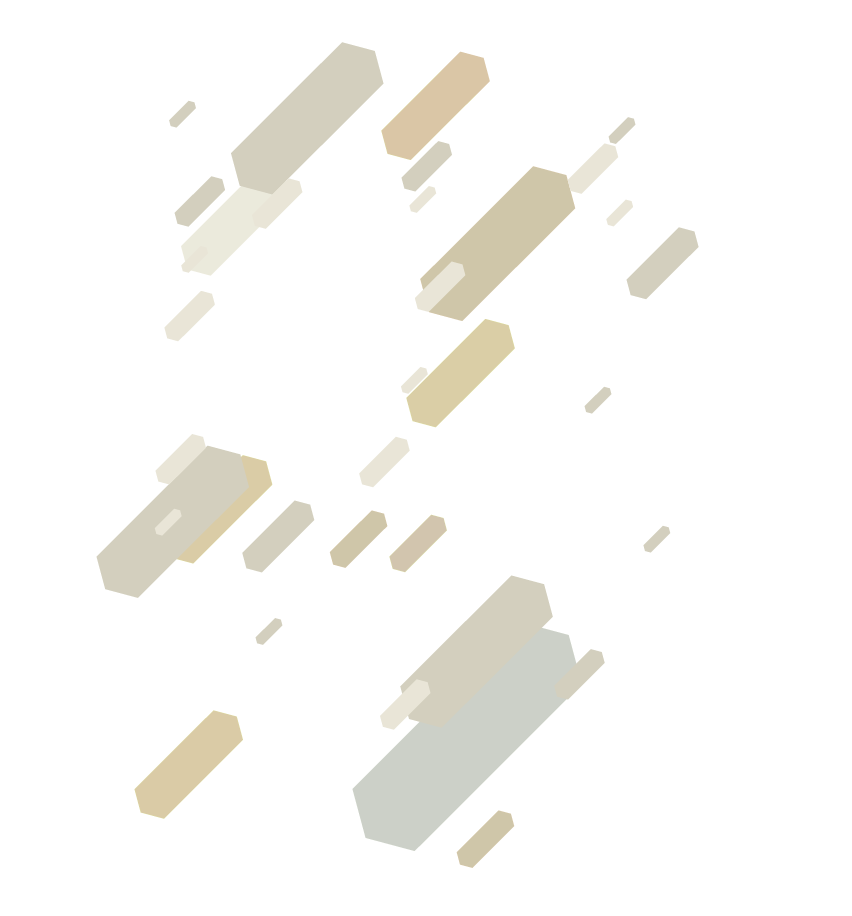


Born in Coventry in 1943. His early musical experiences occurred in the informal context of local music making in his native city. Later, he enrolled at the Birmingham School of Music, and then at the Royal Academy of Music in London, where he studied briefly under Lennox Berkeley. In 1968, following the award of the Mendelssohn Scholarship, he went to Amsterdam to study with Ton de Leeuw, and the following year a further scholarship allowed him to pursue his studies with Klaus Huber at the Basel Conservatoire. During this early period, his work began to attract attention, being awarded prizes in three successive years at the Gaudeamus Composers’ Competition (1968–70). Two years later Firecycle Beta was given an honourable mention (2nd place) by the Italian section of the ISCM, which also awarded Ferneyhough a special prize in 1974 for Time and Motion Study III as the best work submitted in all categories. In the same year, the performance of several of his works at the Royan Festival established Ferneyhough as one of the most brilliant and controversial figures of a new generation of composers. By then, Ferneyhough had discovered a parallel vocation as a teacher of composition. Thanks to Klaus Huber’s enduring support, he was appointed onto the teaching staff of the High School of Music in Freiburg in 1973, remaining there until 1986. Following his move to the United States in 1987 he has taught at the University of California at San Diego (1987–1999) and most recently Stanford University, where he is William H. Bonsall Professor in Music.
From 1984 to 1996 he was Composition Course Coordinator at the biennial Summer Courses for New Music in Darmstadt, and from 1990 principal teacher at the annual Composition Course of the Fondation Royaumont. He has held guest professorships at the Royal Conservatoire in Stockholm, California Institute of the Arts, University of Chicago and Harvard University. In addition, he has given guest lectures and masterclasses at the Civica Scuola di Milano, the Conservatoire National Supérieur de Musique de Paris, the Universities of Oxford, Cambridge, and Durham, and at several North American universities and colleges. The fruits of the more formal lectures have appeared, alongside interviews and texts that have their origins in more personally motivated analyses and stocktakings, in his Collected Writings (Harwood Academic Press, 1995).
Ferneyhough’s work has been performed and featured at the major festivals of contemporary music, including Akiyoshidai, Brussels, Darmstadt, Donaueschingen, Glasgow, Holland, Huddersfield, ISCM, La Rochelle, London (Almeida), Milan, Middelburg, Paris (Festival d’Automne), Royan, Salzburg, Strasbourg, Venice, Warsaw and Zurich, and he has been the recipient of several professional and honorific distinctions. In 1984 he was made Chevalier de l’Ordre des Arts et des Lettres. He has since been named a member of the Berlin Akademie der Künste, the Bavarian Academy of Fine Arts and a Fellow of the Royal Academy of Music. Most recently, he has been awarded the Ernst von Siemens Music Prize for 2007.
Ferneyhough’s output embraces all genres of contemporary art music, from solo and chamber works to music for orchestra and for the stage. It is remarkable as much for its rigorous reflection on the nature and deployment of musical material as for the diversity of its influences and references: philosophy, certainly, as well as literature and painting; but also science fiction, alchemy and mysticism.
Selected works (since 1985): Études transcendentales, Intermedio II for flute, soprano and four instruments (1985), Carceri d’invenzione IIa for flute and chamber orchestra (1985), Mnemosyne for bass flute and tape (1986), Intermedio alla ciaccona for violin (1986), Carceri d’invenzione III for wind ensemble and percussion (1986), String Quartet No. 3 (1987), La chute d’Icare for clarinet and ensemble (1987), Trittico per G.S. for double bass (1988), Kurze Schatten II for guitar (1989), String Quartet No. 4 with soprano (1990), Bone Alphabet for percussion solo (1991), On Stellar Magnitudes for mezzo-soprano and five instruments (1994), String Trio (1995), Terrain for violin and ensemble (1996), Incipits for viola and ensemble (1996), Flurries for ensemble (1997), Allgebrah for oboe and string ensemble (1997), Maisons noires for ensemble (1998), Kranichtänze II for piano, Unsichtbare Farben for violin (1999), Opus Contra Naturam for piano (2000), The Doctrine of Similarity for choir and ensemble (1999–2000), In nomine à 3 (2001), Two Marian Motets for choir (1966–2002), No Time (At All) for two guitars (2004), Shadowtime, opera (2004), O Lux for ensemble (2005), Dum Transisset I–IV for string quartet (2006), String Quartet No. 5 (2006), Plötzlichkeit for voices and orchestra (2006), Chronos Aion for chamber ensemble (2008), Exordium for string quartet (2008), Renvoi / Shards for guitar and vibraphone (2010), Sisyphus Redux for alto flute (2010), String Quartet No. 6 (2010), Liber Scintillarum for ensemble (2012), Finis Terrae for six voices and instruments (2012).




